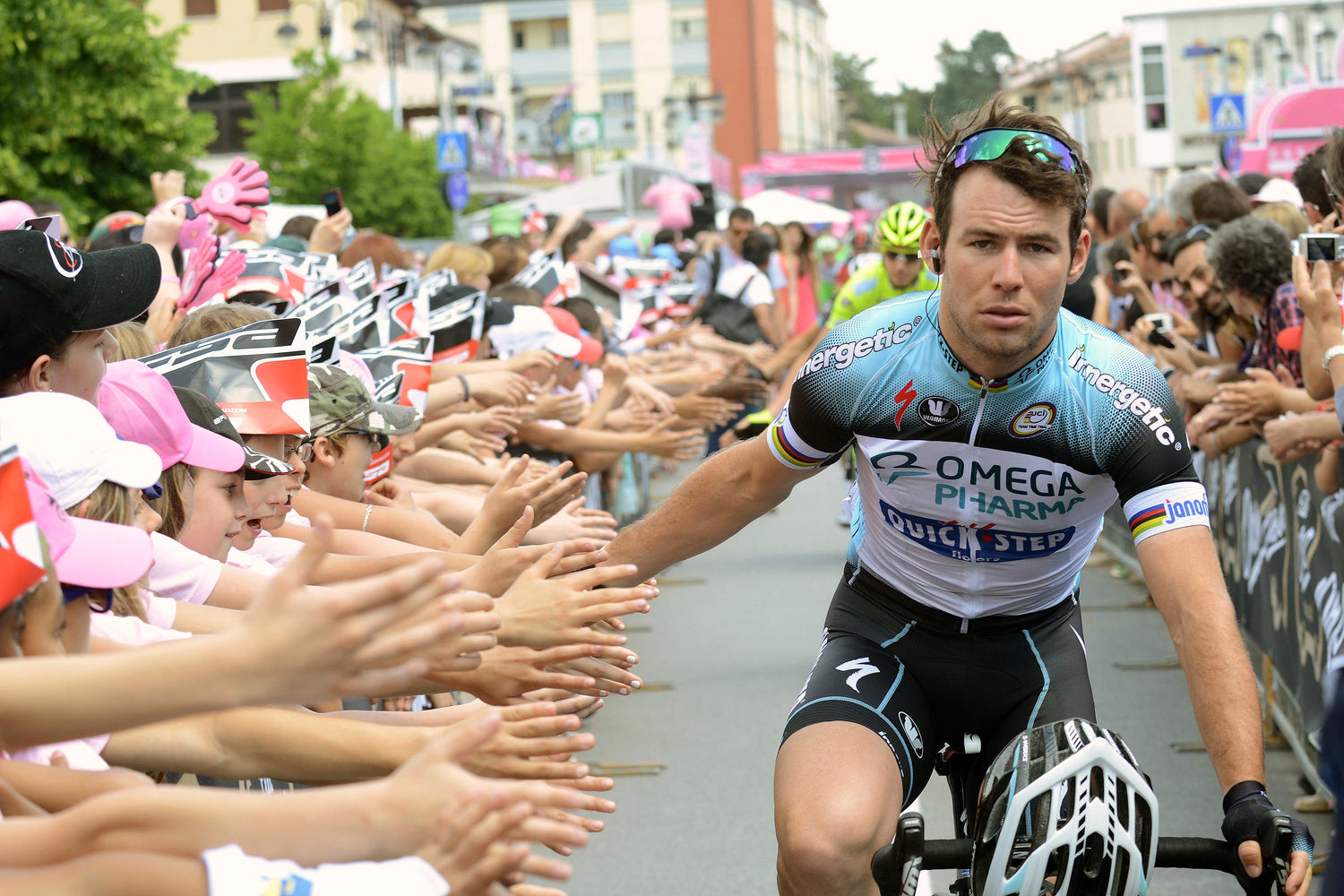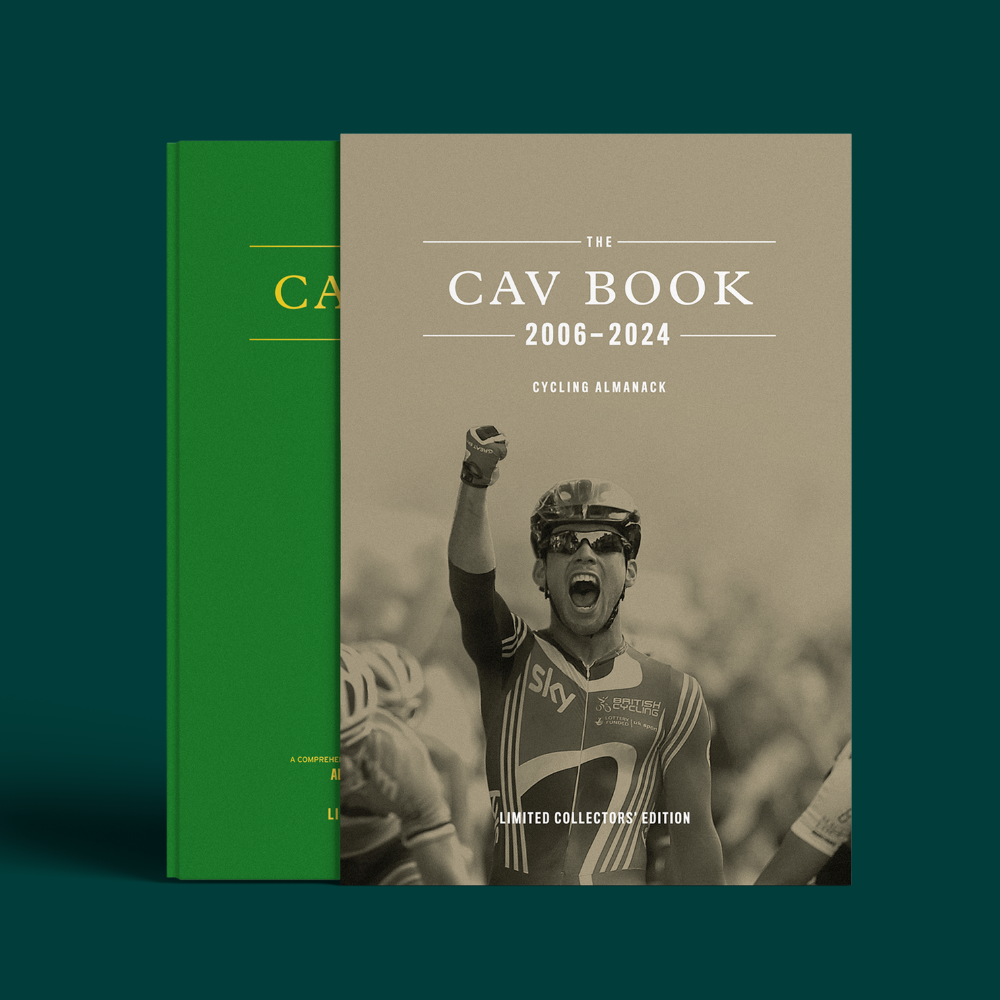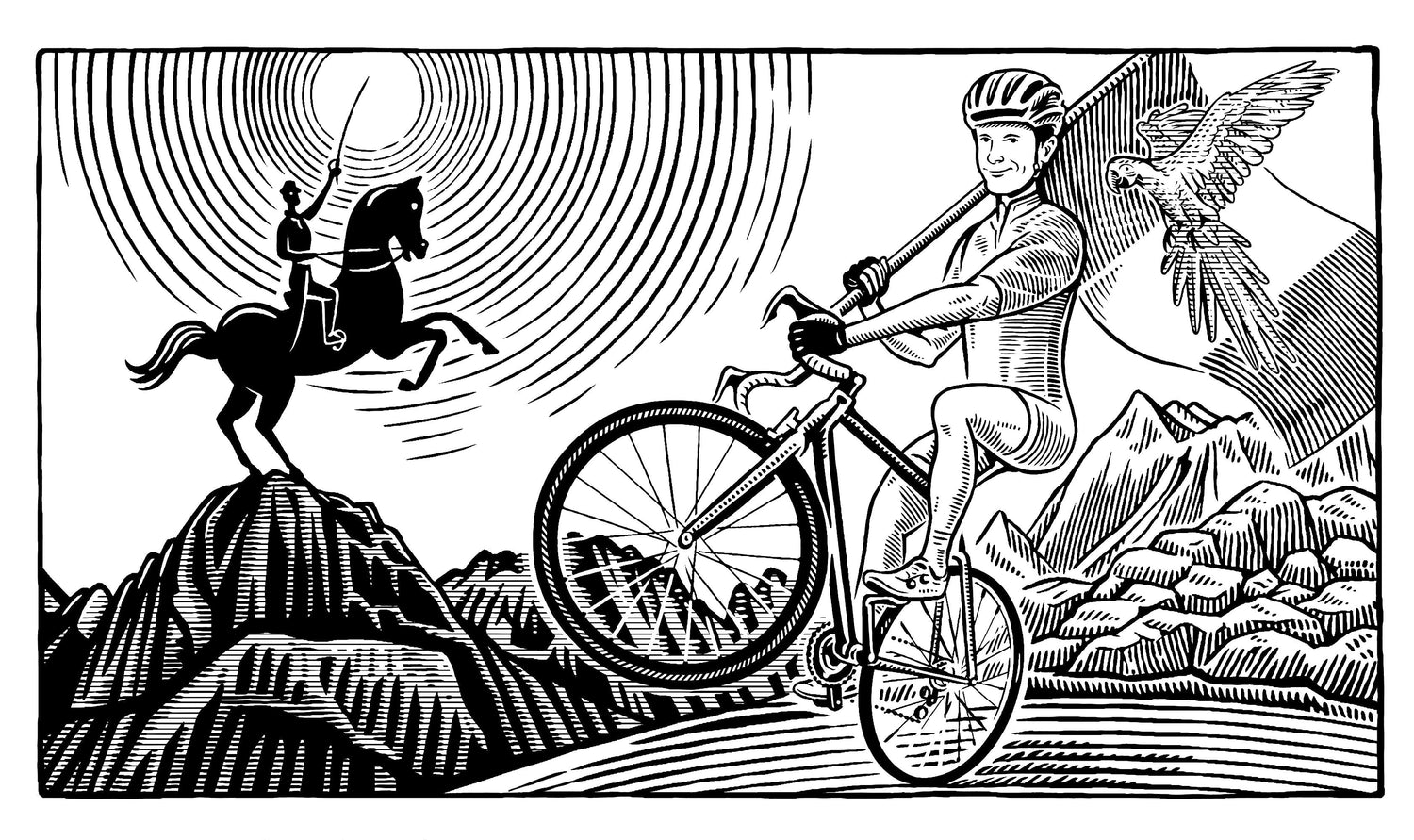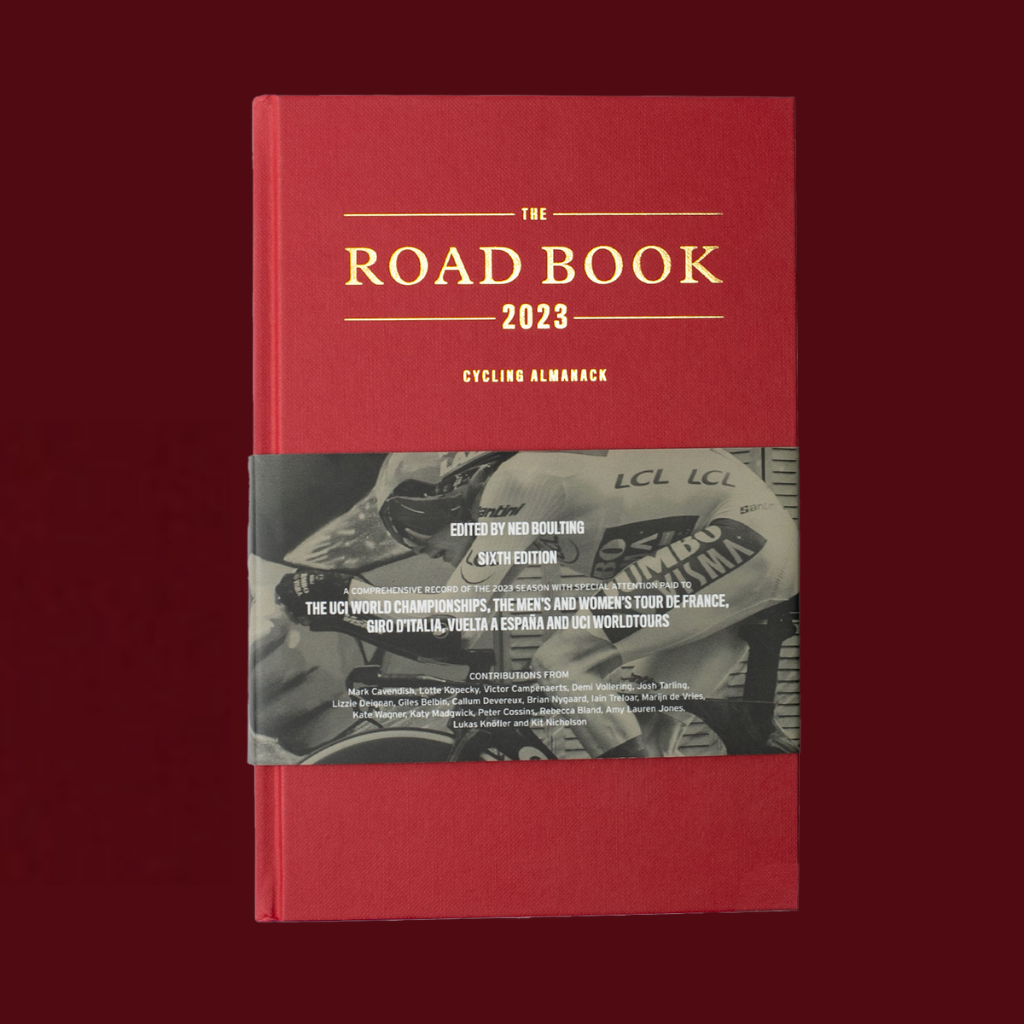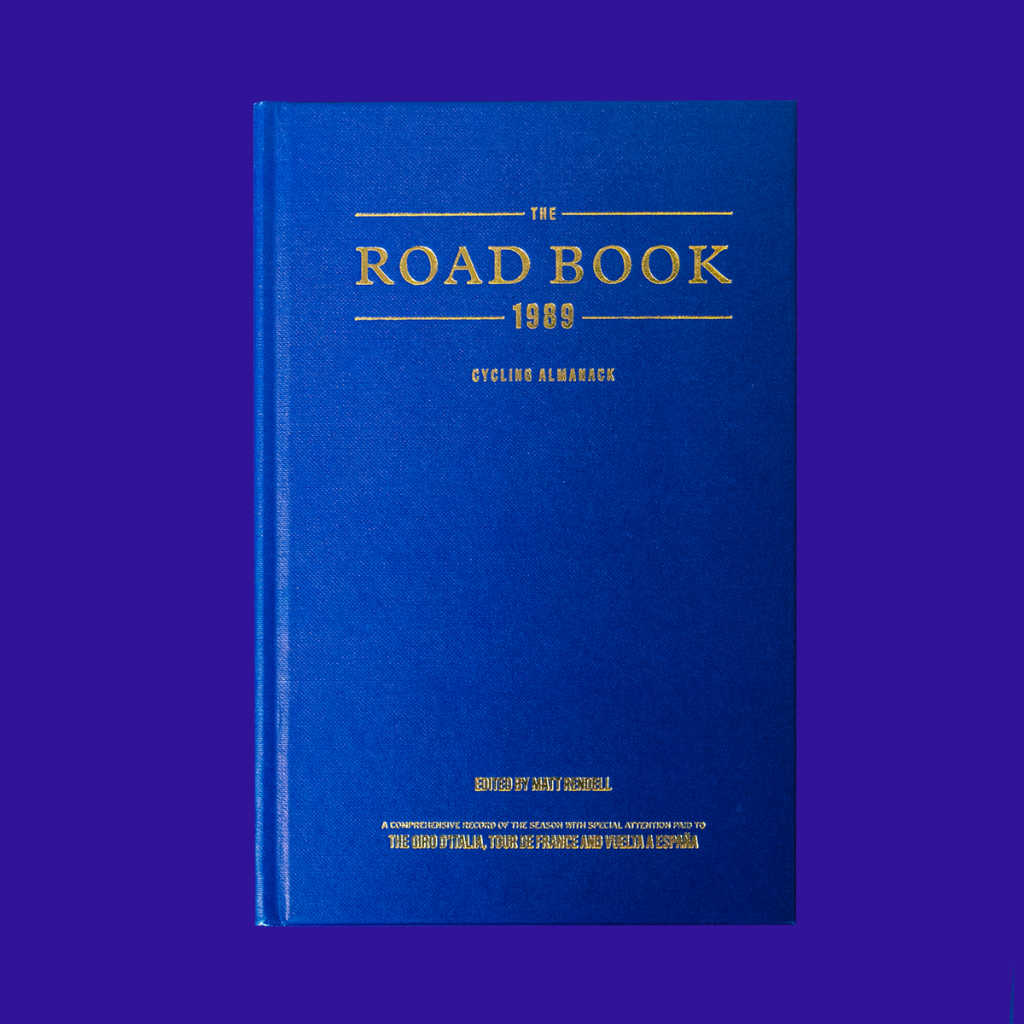PREVIEW EXTRACT: Ned Boulting’s introduction for The Road Book 2020 Edition available to pre-order.
It started with a fire. Just as Covid-19 was silently self-replicating in the Chinese city of Wuhan, large swathes of Australia simply ignited. Seen from space, an incomprehensibly vast ridge of smoke from uncontrolled bushfires was drifting across the Tasman Sea towards New Zealand. The sky above Auckland turned ochre. At ground level, the blaze raged across the parched land, leaping from tree to tree and almost instantaneously devouring whole neighbourhoods. These were the worst fires the country had seen in its lifetime. The television and online images that emerged from the inferno had at times appeared lifted from science fiction. ‘Biblical’ was another word that was used. Not for the last time in 2020.
Into this disturbing context, road racing – a sport inseparably bound up with landscape, geography and weather – launched its programme for another year. It is affecting to think back to that race, when we were innocent of what was about to unfold, unable to imagine what was about to happen.
Only days after the fires had finally abated, the peloton of the Tour Down Under arrived in Adelaide. One by one, the teams went out on training rides to see with their own eyes the scorched hillsides and blackened tree stumps. When the flag dropped on the first WorldTour race of the year, firefighters and volunteers were among the members of a shocked public standing by the side of the road and observing the passage of the riders, as if quietly celebrating a return to some sort of normality. This was late January.
Perhaps the signs of dysfunction were there already, buried in the detail of the race results contained within these pages. Yes, Richie Porte rode to his second career overall win at the Tour Down Under, but he was thwarted in his attempt to win the iconic Willunga Hill stage for the seventh straight year. Instead, British neo pro Matt Holmes of Lotto Soudal, in his first WorldTour race, took a masterfully clever win from the breakaway. On this evidence, 2020 was destined to be anomalous. Nothing would take its smooth and predicable course.

One rider who would have to sit out the early season was NTT’s Nic Dlamini. The victim of an assault during a training ride close to his Cape Town home, the only black South African professional was recovering from a broken arm. His story, told in his words on these pages, is unique, unexpected and unsettling. And by the time the summer rolled in and the Black Lives Matter movement swept the world with its urgent message, it was a story of massive relevance to the deeply ingrained injustices across the world, and within the peloton. Nic would get to ride, but much time would pass.
Before the road racing world turned its back on Australia completely, the Women’s WorldTour spluttered into life, and launched the 22-year-old German Liane Lippert’s name into the spotlight. Her solo attack – holding off the field (including Australia’s Amanda Spratt, who could do no better than third) to claim the Cadel Evans Great Ocean Road Race – suggested 2020 might be a year to rival 2019 in terms of emerging talent. The cycling world waited for the next instalment. Little did the women’s peloton realise, however, that the next time they would race in the WorldTour would be in August, exactly six months hence. Half a calendar year of racing was about to be erased.
In this volume, South Africa’s greatest ever female rider, Ashleigh Moolman-Pasio, writes about how she bridged that endless, raceless gap in her programme, finding kinship with the cycling community and a sense of purpose in the virtual world of online racing in which she thrived, becoming one of the best exponents of a new variant of the sport that emerged in 2020. She also recalls in dramatic detail what happened to her on the last day of July, just before the season restarted. Both reality and its virtual cousin have their imperfections.
Men’s racing started to take its accustomed shape in February, as if nothing could possibly derail the procession of familiar stage races, straddling either side of the Atlantic. Belgian wunderkind Remco Evenepoel turned 20 and went to Argentina straight after his birthday, won the individual time trial in the Tour de San Juan and left the country with another GC win in yet another stage race. Then he landed in Portugal, won the individual time trial at the Tour of the Algarve and took the GC. This was his third career stage-race victory, and he was very far from done.
In Colombia, the national stage race took to the roads of Boyocá, Nairo Quintana’s home department. But Quintana, newly signed for the French team Arkéa-Samsic, was missing from the start list, as he prepared for racing in the cold of Europe instead. In Quintana’s absence Sergio Higuita, the newly minted Colombian national road race champion, duelled thrillingly with countrymen Egan Bernal and teammate Dani MartÍnez, and came out on top. The next time those three riders would battle it out would be in the Alps in August, but they weren’t to know that yet. In fact, the racing world still sailed on, blithely ignorant of the wave of disruption about to crash across its bows.
In France and Spain the startlists for both one-day and stage races looked replete with noteworthy talent. This promise was confirmed by another overall victory for Slovenia’s young superstar Tadej Pogaĉar, this time at the Volta a la Comunitat Valenciana. In France, AG2R La Mondiale watched with satisfaction how their former Under-23 world champion, Benoit Cosnefroy, became the first rider since Eddy Plankaert in 1984 to claim both the traditional French curtain-raisers: the GP La Marseillaise and the Étoile de Bessèges. With Romain Bardet later to confirm his transfer to Sunweb, Cosnefroy seemed intent on making his mark.
Finally free from the shackles of Movistar, a team in which he had been increasingly isolated and unhappy (a suspicion confirmed by the release of a Netflix documentary detailing the dysfunctionality within the team throughout 2019), Nairo Quintana was like a rider reborn. Albeit against relatively modest opposition, he stormed to victory in the Queen Stages of both the Tour de la Provence and the renamed Tour des Alpes Maritimes et du Var, winning both stage races outright. He might have gone on to repeat the feat in France’s first WorldTour race as well, Paris–Nice, had he not lost time in the inevitable March crosswinds that blew the peloton apart in the first few days. Undaunted, Quintana duly took the final stage and finished sixth on GC. That was to be his high-tide mark in 2020.
Before Paris–Nice got underway though, the WorldTour assembled in the Middle East for the second running of the UAE Tour, a week-long stage race that combined the former Dubai and Abu Dhabi Tours. It was a race destined never to be completed. After five stages, including two ascents of Jebel Hafeet, the race collapsed and the ensuing chaos became a portent of everything that followed. Two Italian staff members of the UAE Team Emirates operation tested positive for Covid-19, having travelled to the race from northern Italy, itself in the grip of a rapidly escalating case-count. That led to the race being shortened, Adam Yates being declared the premature winner, and the sudden imposition of a startling lockdown considered extraordinary at the time but that became increasingly normal as 2020 went on. The riders, support staff, race organisers and journalists found themselves confined to their hotels. After three days, deprived of their bikes or indeed any other way of exercising, most of the riders were released– on production of a negative Covid-19 test – and flew to their various locations across the world. But for four teams, the stay was to become an extended one: the riders from UAE Team Emirates, Groupama-FDJ, Cofidis and Gazprom were held for weeks, improvising ingenious methods of staying fit from hotel furniture. It would later emerge that Fernando Gaviria had contracted and recovered from coronavirus during this period of confinement. He would go on to become the only rider in 2020 to test positive for the virus twice, when he was forced to abandon the Giro in late October.
In Belgium, fingers were collectively stuck in ears to drown out the dire mutterings of cancellations heading their way. As a result, the cobbled Classics season started, even though it had scant chance of completing its extended programme. The venerable Omloop Het Nieuwsblad produced a victory for Leuven’s Jasper Stuyven, and at the same time provided an opportunity for 2019 world champion Annemiek van Vleuten to pin a number on her rainbow bands and pick up where she’d left off in Yorkshire. To nobody’s great surprise, The Road Book’s 2019 Rider of the Year rode everyone off her wheel to finish alone by 42 seconds. Van Vleuten’s season’s tally pre-lockdown read: raced 1, won 1. Perfection.

In the meantime, RCS, the Italian organisers of the UAE Tour, had departed and were grappling with a mounting crisis back home. With Strade Bianche scheduled to herald the start of their traditional spring racing campaign spanning Tirreno–Adriatico and ending with Milan–Sanremo, and as the epidemic developed in Lombardy and Piedmont at terrifying speed, the pressure mounted on them with each passing day. ‘There is no plan B,’ was the honest assessment of Giro d’Italia race director Mauro Vegni shortly before it was announced that all three spring races were indefinitely postponed and that the Giro d’Italia would no longer take place as planned. It was the only logical conclusion possible, as Europe was waking up to the real nature of a viral pandemic that suddenly appeared uncontrollable.



